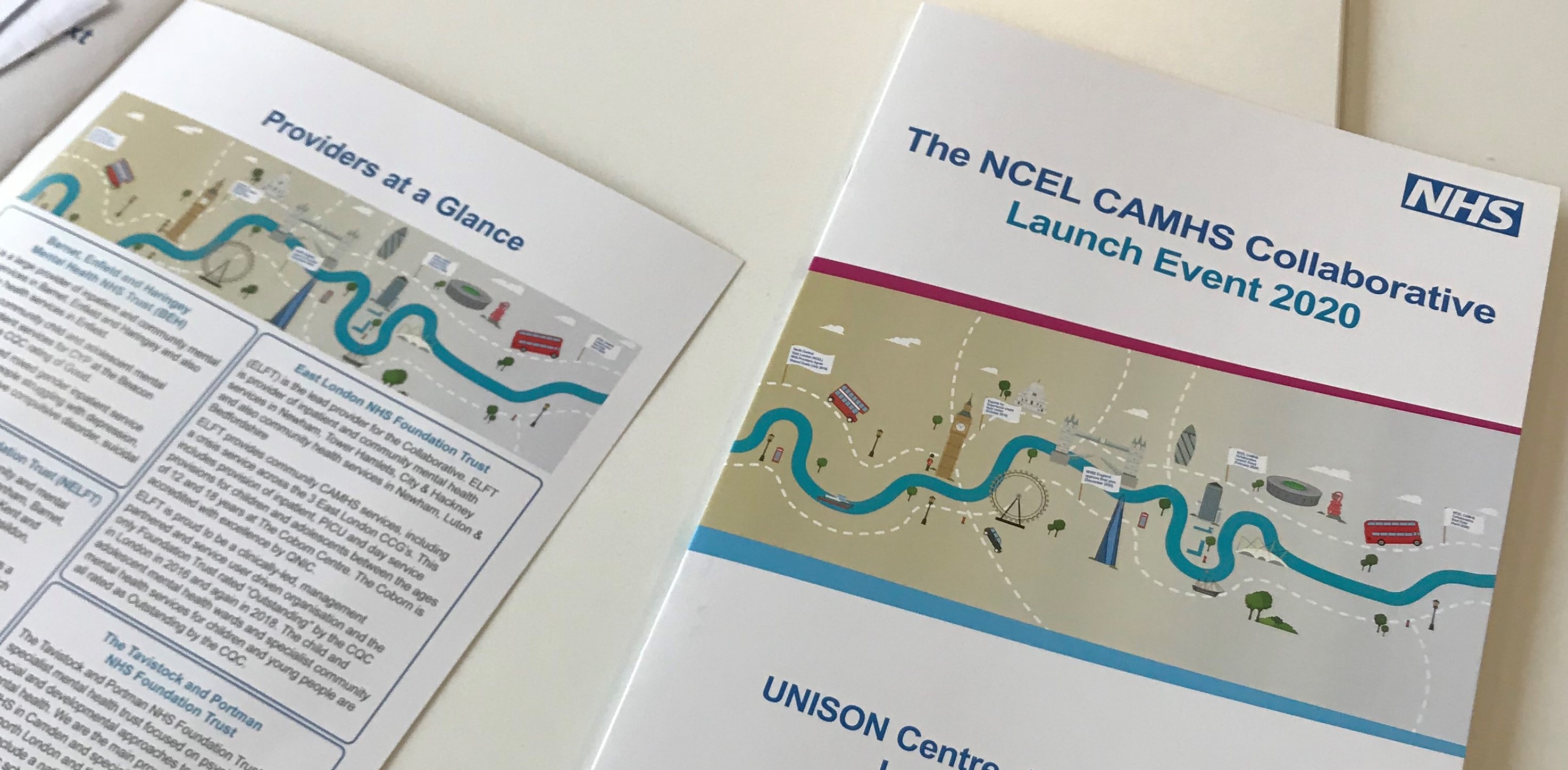Reduction in length of stay
The National CAMHS Getting It Right First Time (GIRFT) report, April 2022, recommended an average Length of Stay (LOS) of below 60 days where possible. There had been significant variation across North Central and East London providers, however, we have been successful in reducing variation, with the latest data showing the current average LOS for the collaborative as a whole being 86 days.
Reducing the need to place young people in beds in out-of-area placements away from their family friends and communities
In 22/23 we have significantly reduced out-of-area placements by 95% which is a key objective of the collaborative.
Reduction in out-of-area Eating Disorder Bed Usage
During the pandemic, there was a surge in Eating Disorder presentations, with an increased demand for inpatient admission. Our use of specialist Eating Disorder beds has reduced over the last year, by 50% and our intention is to continue to move away from specialist inpatient where clinically indicated, to enable young people to stay close to home and be treated within their local community.
Reduce the use of Low Secure Beds
Reducing the use of low secure beds was identified as an early priority for NCEL, limiting use to when there is no other option available, enabling us to keep young people as close to home as possible. During 22/23 we have continued to successfully reduce the use of low secure beds with a 71% reduction in usage.
Expand clinical competence and expertise within the units
As part of our clinical strategy in 22/23 we aimed to develop clinical skills and practice within each of the NCEL NHS units. We have provided and/or been part of a range of training programmes during 22/23 including:
- Clinical senior leadership development programme
- Autism training
- Approach to meal supervision
- Quality Improvement
- Management of aggression and eating disorders.
Commitment to Reducing Health Inequalities
In 2021 the collaborative commissioned a strategic health needs analysis which highlighted health inequalities and variation in service provision across NCEL. Our clinical strategy aims to align with the findings of the SHNA and to also incorporate recommendations from other audits and service reviews as appropriate, aiming to decrease health inequalities, reduce unwarranted variation when indicated and to support special cause variation for difference across NCEL where required.
Based on the key findings from the SHNA, the collaborative has developed an action plan focusing on reducing health inequalities, enhancing service experience, and improving care pathways.
To deliver the actions, two Quality Improvement (QI) projects have been estsablished:
- Project one – Reduce inappropriate admissions for white female young people
- Project two – Reduce use of Mental Health Act (MHA) detention and use of Psychiatric Intensive Care Unit (PICU) for black male young people

